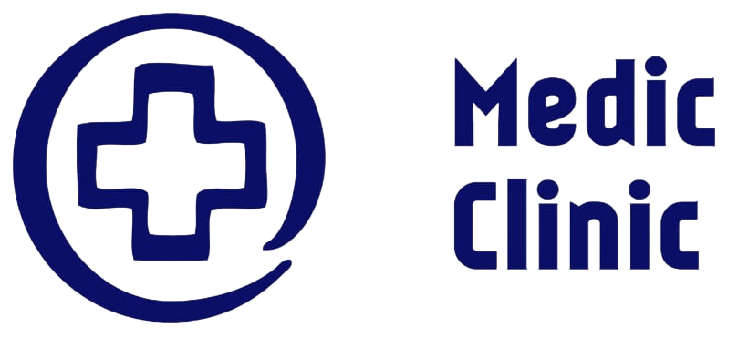Nutrology and Functional Medicine
Both nutrition and functional medicine doctors work to optimize a patient's health, but each has a specific emphasis. While the nutritionist focuses on the relationship between food and health, the Functional Medicine doctor adopts a more comprehensive approach, seeking to balance all the body's physiological functions. Both play important roles in promoting health and treating medical conditions.
What does the specialty of Nutrology and Functional Medicine do?
Nutrology and Functional Medicine are areas of medicine that have broader and more integrative approaches to health, focusing not only on treating diseases, but also on promoting health and preventing problems. Let’s understand each of them better:
- Nutrology:
- What is it: Nutrology is the medical specialty dedicated to studying the relationship between nutrients, food and diseases. A nutritionist is a professional who works in this area and seeks to promote health through adequate dietary guidance.
- What it does: The nutritionist evaluates individual nutritional needs, considering factors such as age, sex, health conditions, lifestyle and family history. He creates personalized eating plans, advises on the choice of foods and supplements, and helps in the treatment of conditions related to diet, such as obesity, diabetes, gastrointestinal disorders, among others.
- Functional Medicine:
- What is it: Functional Medicine is an approach that seeks to understand and treat the underlying causes of disease, rather than just treating the symptoms. It considers the body as an integrated system and seeks to balance physiological functions to promote health.
- What it does: The functional physician performs a comprehensive assessment of the patient, taking into account factors such as genetics, environment, lifestyle and medical history. He seeks to identify imbalances and dysfunctions in the body and, based on this, develops a personalized treatment plan. This may include dietary changes, supplementation, exercise, stress management, and other approaches depending on individual needs.
Both specialties, Nutrology and Functional Medicine, have in common a holistic approach, considering the patient holistically and aiming not only to treat diseases, but to promote well-being and the prevention of health problems. It is important to highlight that, although these areas offer complementary approaches, they do not replace conventional medicine, and traditional medical monitoring may be necessary in certain situations.
Specialist doctor
Accurate diagnosis
Affordable prices
Why should I look for a Functional Nutrologist?
Nutrologist Doctor:
- Nutritional Assessment:
- Performs a detailed analysis of the patient's nutritional status, considering factors such as weight, height, body composition, eating habits and medical history.
- Nutritional Diagnosis:
- Identifies nutritional deficiencies, excesses, dietary imbalances and possible health conditions related to food.
- Preparation of Meal Plans:
- Develops personalized eating plans, taking into account the patient's specific nutritional needs, health goals and individual restrictions.
- Supplementation Guidance:
- Recommends, when necessary, the use of nutritional supplements to complement the diet and correct specific deficiencies.
- Treatment of Nutrition-Related Conditions:
- It works in the treatment of medical conditions that are related to diet, such as obesity, diabetes, cardiovascular diseases, among others.
- Tracking and Monitoring:
- Regularly monitors the patient, adjusting the eating plan as needed and monitoring results over time.
Functional Medicine Doctor:
- Comprehensive Patient Assessment:
- It carries out a comprehensive assessment, considering not only symptoms, but also factors such as clinical history, lifestyle, environment, genetics and emotional aspects.
- Identification of Dysfunctions:
- It seeks to identify dysfunctions in the body, hormonal imbalances, chronic inflammations and other problems that may be contributing to the patient's compromised health.
- Customized Approach:
- Develops a personalized treatment plan, which may include dietary modifications, supplementation, physical activity, stress control, among other strategies.
- Team work:
- You can collaborate with other healthcare professionals, such as nutritionists, physiotherapists and psychologists, to offer a multidisciplinary and holistic approach.
- Focus on Prevention:
- It prioritizes disease prevention, seeking to correct the underlying causes of health problems, in addition to treating symptoms.
- Continuous Monitoring:
- Performs regular patient follow-up, adjusting treatment plan as needed and monitoring progress over time.

Schedule your appointment easily

1.
Online agenda
2.
Schedule via whatsapp
3.
Telephone schedule
4.
We are ready to serve you
What people say about us




